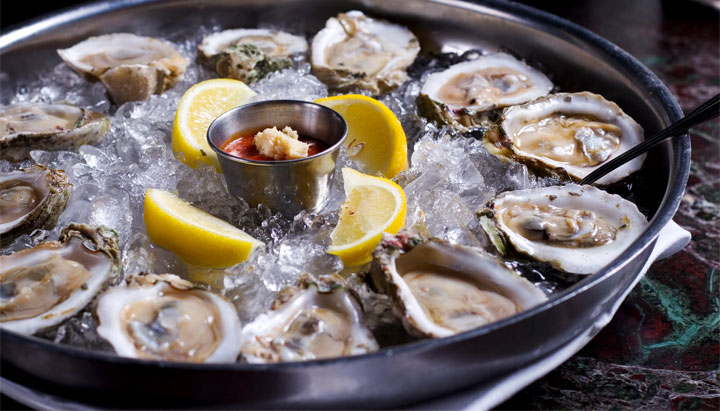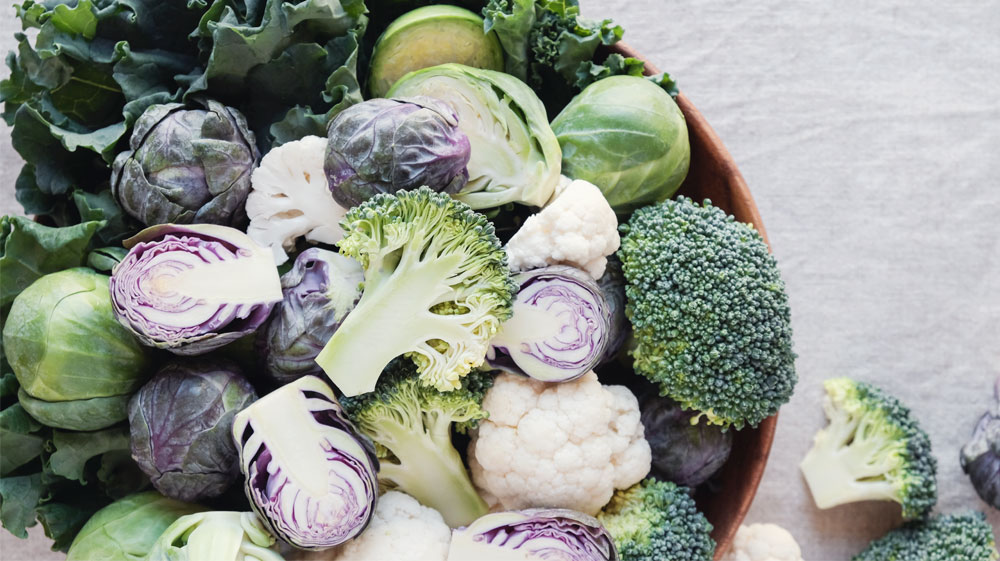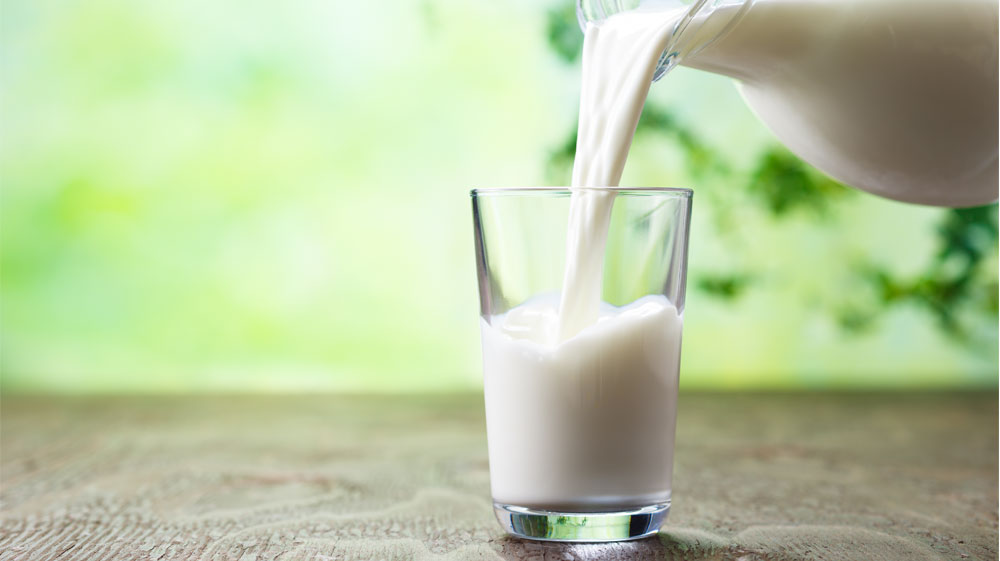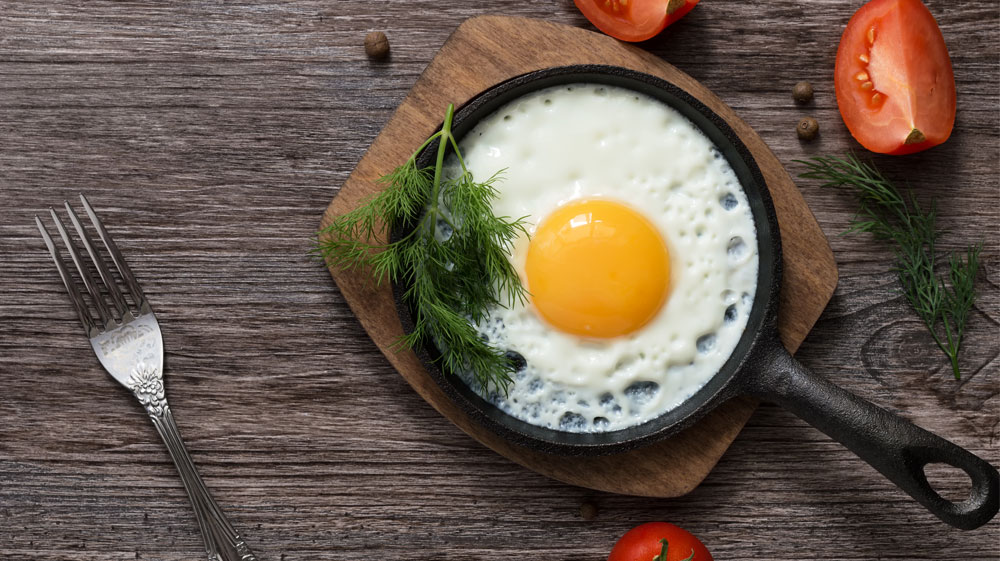Nine Surprising Testosterone Boosting Foods
Testosterone therapy can be essential to keeping you strong and vital as you age, but we also encourage our patients to naturally boost testosterone whenever possible.
Testosterone is a very important male hormone. Testosterone is responsible for the characteristics we typically consider “male” – facial and body hair, deeper voice, etc. — as well as for your ability to build and maintain lean muscle, and of course for sexual performance.
Your testosterone level peaks in your 20s, and begins a steady decline after that. As testosterone levels fall, you may begin to feel it. You may be more tired, feel an overall lack of vitality, gain weight more easily, and even face issues with erectile dysfunction.
However, before we discuss options for testosterone replacement therapy, we recommend you become aware of these testosterone boosting foods, and consider adding them to your diet that can increase your testosterone levels naturally.
Women too, should consider these foods, as women also do produce testosterone, and if you are a women trying to lose weight and build muscle, these testosterone friendly foods may help.
1. Oysters – All testosterone boosting foods are rich in vitamin D. Vitamin D is critical for testosterone production, and Oysters are high in vitamin D. Oysters also are a great nutritional source for Zinc. Zinc is also essential for testosterone production. These two properties may account for oysters’ legendary reputation as an aphrodisiac.
2. Tuna and Other Fish – Oily fish such as tuna and sardines, mackerel and salmon, are also rich in vitamin D.
3. Coconut – Many men after the age of 40 reduce their consumption of “bad fats” to lose weight and lessen the risk of cardiovascular disease. But low fat diets can also lead to low testosterone, coconut is a testosterone boosting food, as well as a “good fat” to add to your diet.
4. Pumpkin – In addition to vitamin D, testosterone boosting foods are also high in Zinc. Pumpkin, and particularly pumpkin seeds, have a lot of zinc. Men with low zinc also tend to be low in testosterone.
5. Whey Proteins – A recent study by the University of Connecticut found that men who increased their intake of whey proteins, produced less cortisol. Cortisol is a “stress” hormone that interferes with the production of testosterone. Good sources of whey protein include ricotta cheese, which also includes several essential amino acids, kefir and yogurt.
6. Berries – Strawberries, and other dark/red berries such as raspberries and black berries, are considered
testosterone boosting foods, because they contain powerful anti-oxidants that can block or reduce the production of cortisol and other testosterone inhibiting hormones.
7. Cruciferous Vegetables – Leafy greens and other cruciferous vegetables such as broccoli, contain phytochemicals which block or inhibit the production of estrogen. Estrogen in a man’s body lowers your production of testosterone, so these vegetables have a positive impact on testosterone production. Other veggies in this group include: kale, cauliflower, cabbage, Brussels sprouts and bok choy.
8. Vitamin D Fortified Low Fat Milk – Milk is a great source of protein and calcium, essential for building muscle and bone. Stick with the low-fat kind, and if it is fortified with vitamin D, you get the added punch of a testosterone booster.
9. Egg Yolks – Are another nutritious source of vitamin D. However, do not eat more than one per day, if you know you already have an issue with high cholesterol
The Additional Benefit of Testosterone Replacement Therapy
While there are foods that may be able to boost your testosterone level, if you are diagnosed with low testosterone, or “low-T”, the only way to really bring your level back to what is right for you, is with testosterone therapy.
For any man over 40, our doctors definitely recommend making use of a diet that can boost your natural ability to produce testosterone.
The testosterone boosting food on this list are good for you, whether they actually improve your testosterone output or not. And, for many men, if they do give your testosterone production a little boost, that may be all you need.
But, if you are experiencing the symptoms related to low-T, you really need to have your levels checked, to see if you do have low testosterone. The signs to watch for include:
- Unexplained weight gain
- Fatigue
- Loss of muscle mass and bone density
- Loss of libido or other sexual wellness issues
The only way to determine your testosterone level is with a proper blood test. If your levels are found to be below what would be considered “normal” for your age, weight, and lifestyle, then we can decide on a testosterone therapy plan that is right for you.
That plan can include dietary changes, and an exercise regimen designed to increase testosterone output, along with testosterone replacement therapy if necessary.
Brian Leeber

























